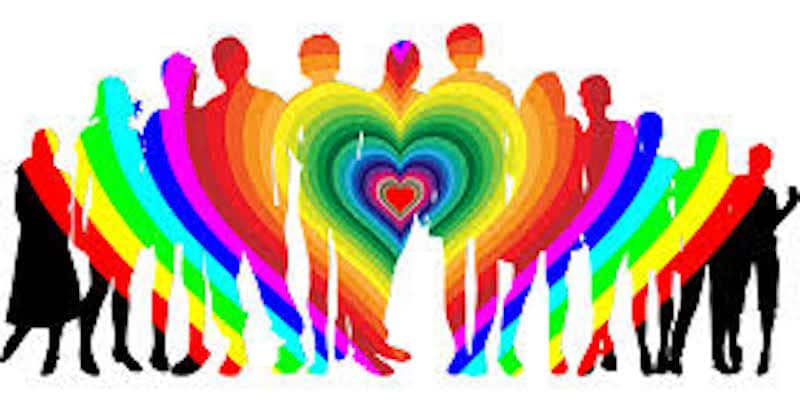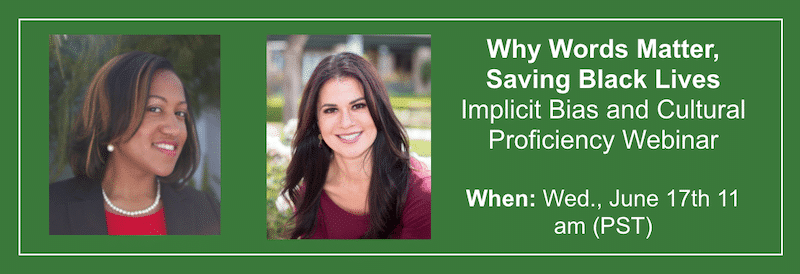
11 Jun HOW TO BE CULTURALLY COMPETENT: CULTURAL COMPETENCY IN ACTION
With the protests over George Floyd and Breonna Taylor’s unjust murders erupting all over the country, having informed and educated conversations about race and racism in the United States is important now more than ever. These conversations can also be daunting. Examining our own roles and even complicity in living in an institutionally racist society puts us in a place of discomfort and vulnerability. But if we want real change for black lives, this work is essential. But is it enough to be culturally aware? How to be culturally competent is beyond awareness. If we want to understand and participate in this movement, listening is a must. And an examination of ourselves and our beliefs is required. It takes action on our part.
As an organization committed to empowering those affected by crime and trauma, we want to assist our local community in having these conversations with yourself and your loved ones. Let’s define what it means to be culturally competent and how to become an active participant for social justice and change.
Cultural Competence Definition
What is cultural competence?
Before we jump in, let’s start by briefly defining cultural competence.
Cultural competence is the ability to comprehend, interact, and communicate with individuals regardless of their cultural background. Cultural competency includes an awareness of one’s own cultural views, working at and developing positive attitudes towards cultural differences, and having a knowledge of varying cultural worldviews and practices.
Typically, cultural competency is discussed regarding work environments, school systems, or some other kind of organization, where such knowledge is integrated and transformed into specific policies, standards, and practices to increase the environment and create better outcomes.
But what does it mean to be culturally competent for yourself? For your family? For the black community? For the rest of the world?
What it Means to be Culturally Competent
Reexamining the definition of racism
Is asking what is racism too basic of a question?
At first glance, maybe, but it’s worth re-examining. I remember learning about racism in basic terms. Webster’s tells us that racism can be defined as “ a belief that race is the primary determinant of human traits and capacities and that racial differences produce an inherent superiority of a particular race.“ It’s easy to notice all the ways someone is not overtly racist by this definition. But does this definition cover everything?
Racism is much larger than everyday experiences of prejudice. Systemic racism is when groups who hold greater power create and design institutions with racial prejudices in mind. Examples of this can include voter suppression for predominantly Black populations, which has a history that dates back to the Reconstruction era.
Other ways systematic racism can be manifested is through the outdated but harmful practice of redlining, segregating communities and neighborhoods even after the Supreme Court Case Brown v. Board of Education declared that racial segregation is unconstitutional.
When we look back in history, we see racism’s domino effect on the black community, and it is embedded into our laws.
And when racism is embedded into the fabric of society, it poisons the psyche of that society – including those who have been oppressed themselves. Internalized racism as defined by Karen D. Pyke is “internalization of racial oppression by the racially subordinated.”
In Robin Nicole Johnson’s study, The Psychology of Racism, she says that internalized racism includes the “conscious and unconscious acceptance of a racial hierarchy in which whites are consistently ranked above people of color.” A person of color could believe in these negative racial stereotypes, and adjusting to white cultural thinking that supports the status quo.
What’s worse is how early this can start.
The video below gives insight into the effects of racism on children.
We may think we know what racism is, if we are or aren’t a racist.
But we live in a world where youth of color judge themselves based on the color of their skin. We have to do more.
We have to be better and stop that cycle.
Making Change Together
Why we need social justice warriors
The term “social justice warrior” seems to sprout negative images of all too-sensitive millennials who find offense to everything. And this isn’t just a conservative mindset, many liberals across the board have distanced themselves from that label. But social justice is critical in making a change anywhere. And it’s not, (or shouldn’t be) political.
According to the Pachamama Alliance, social justice simply calls for the “equal access to wealth, opportunities and privileges within a society.” If we take our working definition of racism (racism = power + prejudice), then it is natural to see the correlation between social justice and systemic racism. If black and brown folks are legislatively designed to not participate in electoral processes or purchase houses in the same communities as everyone else, then their ability to enjoy the same privileges as their white counterparts are impacted.
Social justice isn’t merely a college campus trend, but an effort to recognize the historical struggle marginalized groups have suffered. It’s us fighting to make all aspects of life more equitable.
Listening to understand not to be understood
Black lives matter vs all lives matter
Why do we say “Black lives matter?” “Don’t all lives matter?”
Of course all lives matter, but this phrase is designed to bring our attention to the Black community, who are disproportionately affected by police violence and other inequities. Saying all lives matter in this context, misses the entire point.
Peach House is an art and activism organization that explains this near perfectly …
According to Mapping Police Violence, black people are three times more likely to be killed by police officers than white people.
Beyond policing, black children are disproportionately affected in the school system. Harsh disciplinary practices like suspension or expulsion, increase the risk of the minority students for becoming justice-involved. Until these harsh punishments are replaced with alternatives to suspension, black lives are once again, being treated unequal.
And most recently, due to the economic disparity, black communities were disproportionately affected during COVID-19.
How to Become Culturally Competent
Become actively anti-racist
What can we do to be anti-racist? Especially in this national moment, it is not enough to not be racist.
To protect our black and brown communities, it is imperative that we become actively anti-racist, and combat the visible and invisible traces of racism within ourselves and the communities we live in. One important step is to recognize how we may be complicit in upholding racist ideologies and prejudices. This can take place through implicit bias and unacknowledged prejudices.
Implicit biases are the stereotypes and attitudes we unconsciously have that may affect our actions and words. Implicit bias can have harmful effects, which is why it’s important to actively deconstruct them. While this work is uncomfortable, it is important if we want to change these systems.
What else can you do?
Cultural competency training
This change starts with us!
To assist our communities with starting this work, Women Wonder Writers is hosting a free webinar that will instruct participants on how to identify their unconscious bias that they may have about other groups of people.
This webinar will be a Q&A between our Executive Director and Founder, Debra Máres and psychologist and educator Dr. Gimel Rogers. Remember that everyone can become an ally, no matter how old you are or what beliefs you have previously held.

This is only one possible step out of many. It is never too late to learn more about our history and to work actively towards empowering everyone. Visit our Women Wonder Writers Events page for more information, or register for the webinar here.


